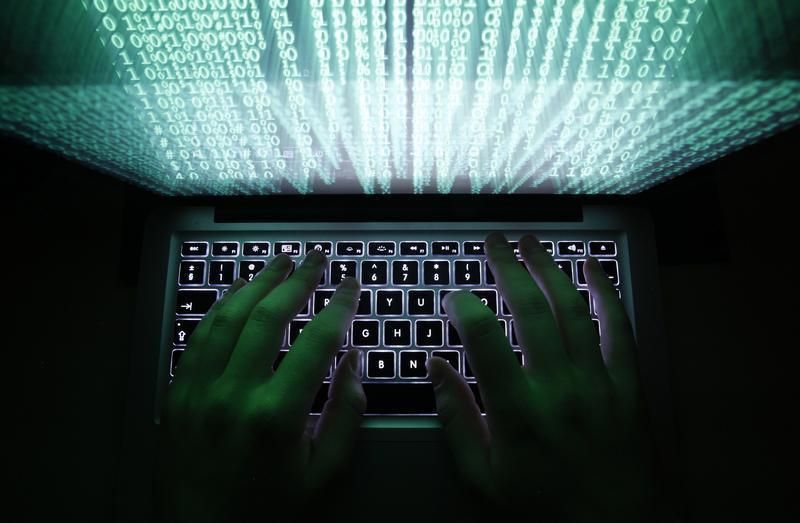Hard Numbers: Pegasus spying revealed, French get mad but get jabs, Americans sentenced in Ghosn case, England's cautious "Freedom Day"
17: A joint investigation by 17 media organizations found that military spyware developed by NSO, an Israeli firm, had been licensed to governments around the world to hack the phones of prominent journalists and human rights activists. The report listed clients including the governments of Mexico, India, and Saudi Arabia, and said that the Saudis used NSO's Pegasus software to spy on the fiancée and son of murdered journalist Jamal Khashoggi.
100,000: More than 100,000 French took to the streets over the weekend to protest President Emmanuel Macron's new public health policy that demands people present proof of vaccination (or a negative COVID test) before entering most public venues and events. Still, the strategy appears to be working: more than 880,000 French received a shot last Friday, the highest daily number to date.
2: Michael Taylor, the US Special Forces veteran who, along with his son, helped former Nissan chief Carlos Ghosn flee Japan in 2019, has been sentenced to more than 2 years in prison by a Tokyo court. Taylor's son, meanwhile, received a slightly shorter sentence. The father-son duo spirited Ghosn to Lebanon in a luggage box on a private plane.
800,000: Even as England on Monday celebrated "Freedom Day," the country's long-awaited post-lockdown reopening, the government warned that cases linked to the Delta variant continue to rise: the NHS said that 800,000 school kids — that's 1 in every 9 students — were out of school last week because of "virus-related" reasons.
